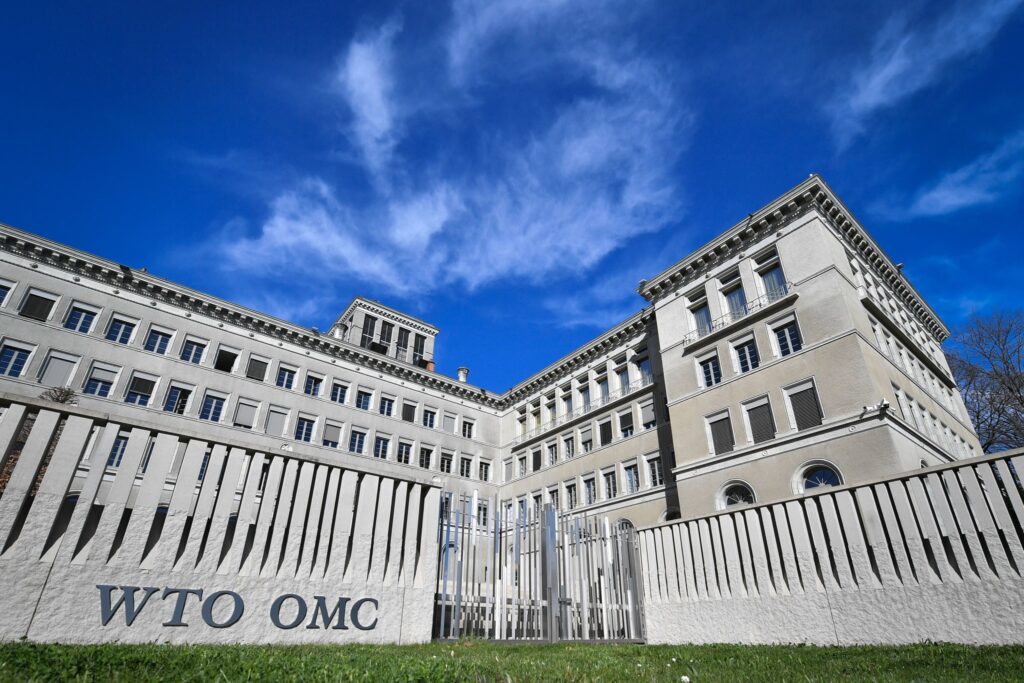International Institute for Sustainable Development (IISD), Winnipeg
Canada’s International Institute for Sustainable Development, in a departure from the position adopted by most organizations dealing in environmental issues, says liberalized trade need not threaten the environment but the World Trade Organization should adopt a six-point agenda to deal with the legitimate environmental concerns of many public critics and observers.

“The civil unrest in Seattle at the WTO’s Third Ministerial Conference is part of widespread frustration in many countries and in civil society at the WTO’s failure to come to grips with the environmental dimensions of trade liberalization,” said IISD President David Runnalls.
“That failure is turning important segments of society, particularly in industrialized countries, against the trading system, raising serious obstacles to further liberalization and posing questions that could stall or dim prospects for the so-called Millennium Round.”
Mr. Runnalls said developing countries often feel their concerns rank lower than those of developed countries, causing frustration and disillusionment with the multilateral trading system. Promoting equity within and among societies is essential to ensure that growth genuinely leads to development.
As the Seattle Ministerial continued amid tremendous controversy, IISD released a six-point program to help green the WTO: five things it should do—and one is should not.
IISD’s recommendations follow:
1. Establish a “Sustainable Development Agenda” for the WTO. Step one: WTO should create a group of independent experts to advise actions needed to achieve sustainable development in the multilateral trading system. An independent inspection panel should also be established to issue regular public report cards on progress toward this goal.
2. Focus on Sustainable Development in the South: The World Bank and WTO should collaborate on effective mechanisms of special and differential treatment, based on the clear lessons of five decades of development efforts.
Such mechanisms, embedded in future negotiated commitments, should recognize differences in institutional and economic development, industrial structure and geography, and the resulting need of imposing trade obligations in stages. They should also, where appropriate, involve inter-agency collaboration, and the participation of major private actors.
WTO must recognize responsibility for ensuring that trade-driven economic growth leads to sustainable development in all countries, and benefits poor people and the environment.
3. Create a Standing Conference on Trade and Environment. The Conference would gather key environmental actors with an interest in trade policy, review policy objectives and proposals, and formulate practical recommendations for the WTO and other policy-making bodies.
4. Prepare an Agreement on the Environment, setting out rules governing discrimination among products on the basis of their environmental characteristics, as well as rules to ensure that such measures do not constitute a hidden barrier to trade.
5. Improve transparency in the WTO’s work, developing simple criteria and guidelines for openness in development of national trade policy and positions.
6. Do NOT Include Investment in the WTO. The international community should negotiate rules governing international investment outside the WTO.
IISD is an international policy institute dedicated to advancement towards sustainable development. It is concerned with both environment and development issues raised by the WTO.
IISD President David Runnalls is at the WTO meetings in Seattle to present IISD’s recommendations. A detailed IISD position paper is also available.
News release in full, here